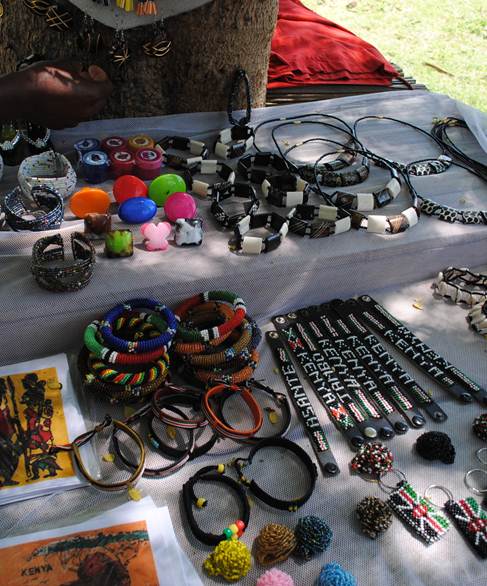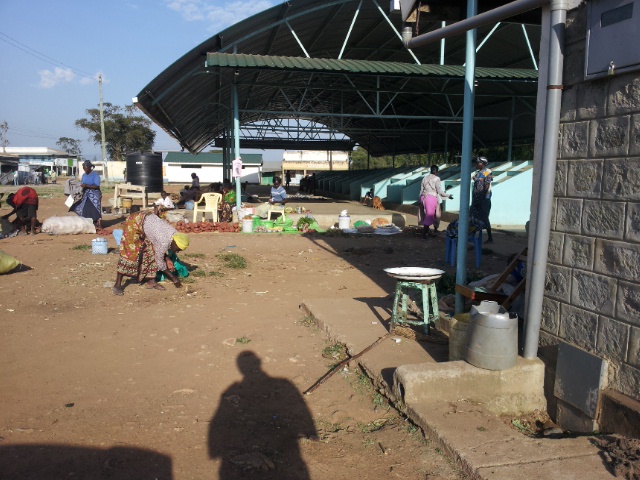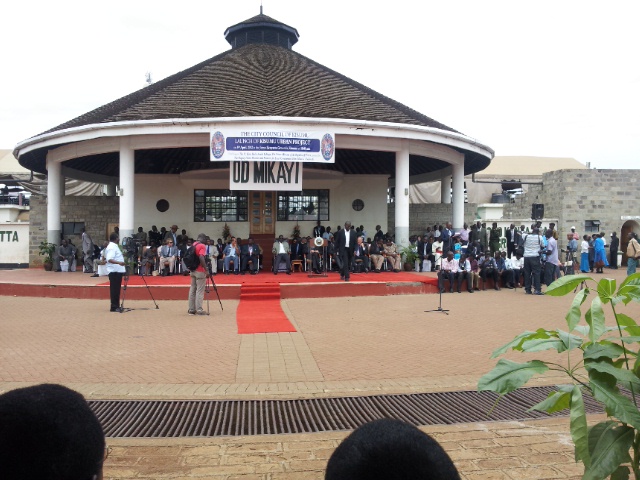
Market places
The market place has played a key role in forming cities in Africa. In cities such as Kisumu most market places are informal and periodic. But market places are important and vital parts of the city as they serve as means for: interaction, meetings, exchange of goods and services, sales, marketing and production.
Well-being
What role do market places play in ensuring sustainable growth of the city? How do market places impact human well-being and inequality among sub-groups of the poor? These are questions that the project aims to seek answers to. Well-being refers to aspects as land-use & property rights, access to social services & infrastructure, job security and living conditions.
Policies
The project will focus on urban planning, social, economic, environmental and cultural issues. The overall issue is to what extent, cities and regional entities can develop social, economic, environmental and planning policies that can strengthen the development potential of periodic market place linkages and foster more inclusive development. The project will therefore develop policy recommendations and the aim is to influence municipal, national and regional governance towards more inclusive and gender-aware development of the city.
Tools and indicators
More specifically policy recommendations will be developed regarding issues of livelihoods, land use and property rights, access to social services and infrastructure, social relations including gender, living conditions and job security from an inclusive development perspective. The project will also develop tools and indicators relevant for policy design and decision-making. Four tools will be developed:
1. The informal market linkages assessment tool
2. The human wellbeing and inequality assessment tool
3. The institutions assessment tool
4. A gender assessment tool.
News item: Making market places in Kisumu more effective
Kenya is one of the fastest growing economies in Africa, with a growing urban population. Market places have a key role in forming African cities and their economies as they are more than just a place to sell and buy goods and services. They are a place for interaction and meetings, information, social networks, marketing and production. Read more.
Film: Markets in Kisumu City
Publikationer
Filer
-
Market places prototypes

